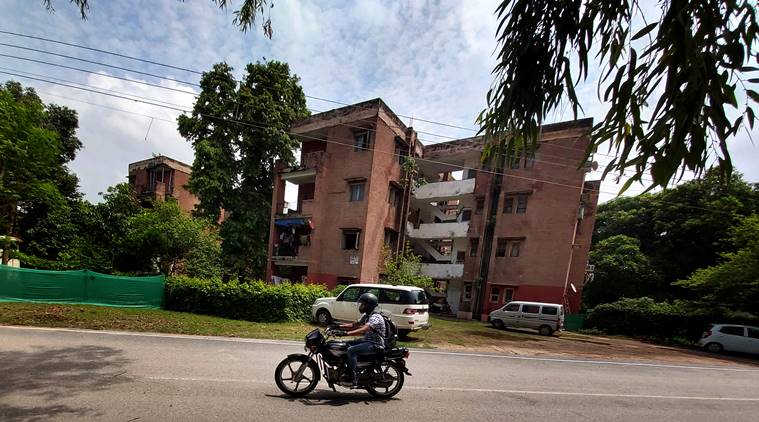- India
- International
IIT-Delhi developing blockchain to plug adulteration of honey
The blockchain technology records transactions at every stage where honey changes hands — right from the honey collector to the aggregator who then sells it to the processor — to make sure there is a clear record of where the product has come from.
 Kavya Dashora, assistant professor at the Center for Rural Development and Technology and the principal investigator in the project, said regular testing of each batch is not easy and is also expensive. (Express photo by Praveen Khanna)
Kavya Dashora, assistant professor at the Center for Rural Development and Technology and the principal investigator in the project, said regular testing of each batch is not easy and is also expensive. (Express photo by Praveen Khanna)
Researchers at IIT-Delhi are working on a honey blockchain to check the problem of adulteration. The technology, researchers say, will not just help increase transparency about the various stages that a batch of honey goes through, but will also help track the origin of the product and check false claims. The project is part of an initiative where private firms fund research by students and staff at IIT.
The blockchain technology records transactions at every stage where honey changes hands — right from the honey collector to the aggregator who then sells it to the processor — to make sure there is a clear record of where the product has come from. The import of Indian honey has been banned by several countries in the past over adulteration.
Rahul Dewan, COO Srijan Technologies Pvt Ltd which is funding the study at the institute, says India’s internal quality and testing standards are not rigorous enough. “India’s honey entering into UK and EU has been under the scanner for adulteration and presence of antibiotics such as ‘streptomycin’… If importers and consumers around the world are able to trust the quality of the honey they are consuming, grassroot bee-keepers and bee-collectors get better rates,” said Dewan.
Kavya Dashora, assistant professor at the Center for Rural Development and Technology and the principal investigator in the project, said regular testing of each batch is not easy and is also expensive. “This is a business that runs on trust. Honey either comes from the wild or from apiaries. The produce can then travel through a number of hands and this is where the chance of adulteration is highest. A blockchain ledger records transactions at every stage of the value chain. This can enable the honey industry and exporters to establish trust as consumers can be sure of the origin and the journey from production to the counter,” Dashora said.
Buzzing Now
May 10: Latest News
- 01
- 02
- 03
- 04
- 05






































